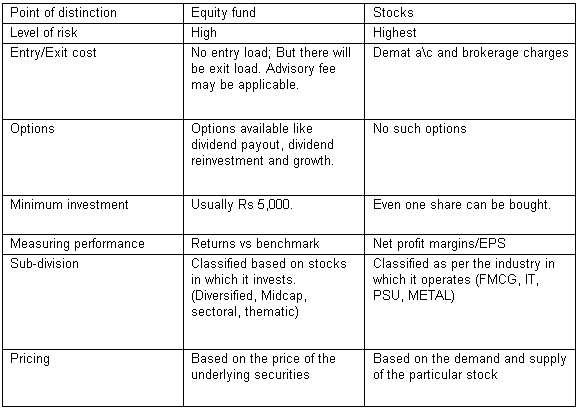Mutual Funds v Funds
Post on: 16 Март, 2015 No Comment

Types
Mutual funds are an investment product in which the money of many investors is pooled. This pool of money is used to purchase securities, and the investors participate in the fluctuations of price and income according to their percentage ownership in the pool. Index funds are one of many types of mutual funds. The primary difference between index funds and other mutual funds is that index funds are invested according to a published index, instead of according to the mutual fund manager’s strategy.
Warning
Index funds are often touted for their low expenses. While this is true in the case of some index funds, it is not a requirement. Investors should carefully research the expenses of index funds.
Considerations
Index funds can provide either a core investment for a portfolio or exposure to additional investment areas. Sector-based index funds can provide a solid way to get exposure to a specific market segment, while broad-based index funds can provide exposure to virtually an entire market.
Benefits
Index funds are generally cheaper, because they need not be managed (since they merely try to mimic an existing investment concept). This may provide higher long-term returns, assuming that the index fund performs as well as or better than the alternate non-index fund.
Significance
Resources
More Like This
You May Also Like
An index fund tracks a broad market index such as the Dow Jones Industrial Average (Dow.) A mutual fund invests in various.
Mutual funds are pools of securities. In an active mutual fund, fund managers buy and sell securities with the goal of getting.
Index mutual funds and ETFs (exchange traded funds) are both designed or track the performance of a market index, such as the.
Among the most popular stock market mutual funds are the Standard & Poor's 500 index mutual funds, known as the S&P 500.
A pooled fund can be an investment club. Mutual Funds vs. Index Funds. Mutual funds are an investment product in which.
A mutual fund is a collection of stocks, bonds or both. Mutual funds can be index funds, which follow a market index.
Investors often face a choice between index funds and actively managed mutual funds. Index funds attempt to replicate the return of a.
Target Retirement Funds Vs. Index Funds. Mutual Funds vs. Index Funds. Mutual funds provide a great many advantages to investors.
Mutual funds are investment vehicles that spread the risk by pooling investor's money together who have similar investment objectives and investing in.
Bond index mutual funds, including bond exchange-traded funds, pool money from many investors into a common fund that owns an index portfolio.
Mutual funds, which include index funds, pool investors' money and allow them to participate in the stock market without taking on the.
Exchange Traded Funds Vs. Mutual Funds. S&P 500 Index Fund Vs. Mutual Funds. Among the most popular stock market mutual funds.














